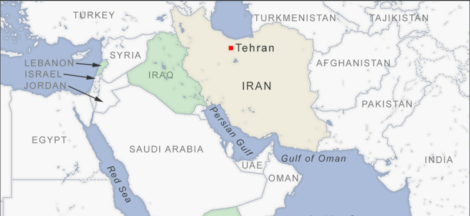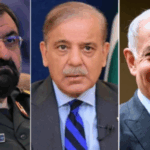Prime Minister Narendra Modi spoke with US President Donald Trump for 35 minutes on 18 June, emphasising that the ceasefire between India and Pakistan following Operation Sindoor was negotiated directly between the two nations. Modi explicitly rejected Washington’s assertion of brokering the ceasefire, stating no mediation, no trade discussions and no US instigation had occurred during the conflict.
According to Foreign Secretary Vikram Misri, Modi conveyed firmly that India neither sought nor accepted third-party involvement in its bilateral security matters with Pakistan. The Prime Minister reiterated that India now regards acts of terrorism as acts of war, reflecting a hardened policy perspective. Trump offered condolences over the Pahalgam terror attack of 22 April, which claimed 26 lives, and the pair also discussed regional stability.
Modi clarified that during the four-day military engagement under Operation Sindoor there were no conversations with the US about trade, countering Trump’s repeated claims of using market incentives as leverage to de-escalate tensions. Earlier in May, Trump had asserted he threatened to withhold trade unless both countries agreed to halt hostilities, but Indian officials stressed that military-to-military channels, not external influence, led to the ceasefire.
Modi affirmed that the cessation of hostilities was invoked at Pakistan’s request via recovered military contacts, not through third-party intervention. The operation, launched on the night of 6–7 May, targeted terrorist infrastructure in Pakistan and Pakistan-occupied Kashmir. India’s strikes prompted cross-border skirmishes and drone attacks, after which Islamabad initiated protocols for halting fire on 10 May.
Trump had sought to parlay the phone call into an invitation for Modi to visit the US, but Modi declined due to prior commitments. Both leaders agreed to reconvene at a later date. Trudeau–Modi had been expected to meet on the margins of the G7 summit in Canada, but Trump returned early amidst escalating tensions in the Middle East.
Analysts suggest Trump’s claims amount to political self‑promotion rather than substantive diplomatic impact. Former CNN Delhi bureau chief Ravi Agrawal warned, “Trump likes to inflate his involvement and claim victories when there are none”. Despite US officials—Vice President J.D. Vance and Secretary of State Marco Rubio—engaging with both sides post‑Operation Sindoor, discussions focused on security response, not on trade or mediation.
This dialogue illustrates the nuanced dynamics at play: India reaffirming its sovereignty in regional military decisions, while the US may seek to cast its influence in global hotspots. Modi’s strong stance underscores that bilateral conflict resolution remains a pillar of India’s security doctrine.




 India’s Exports Share Growth Among Fastest Over 2010-23
India’s Exports Share Growth Among Fastest Over 2010-23 